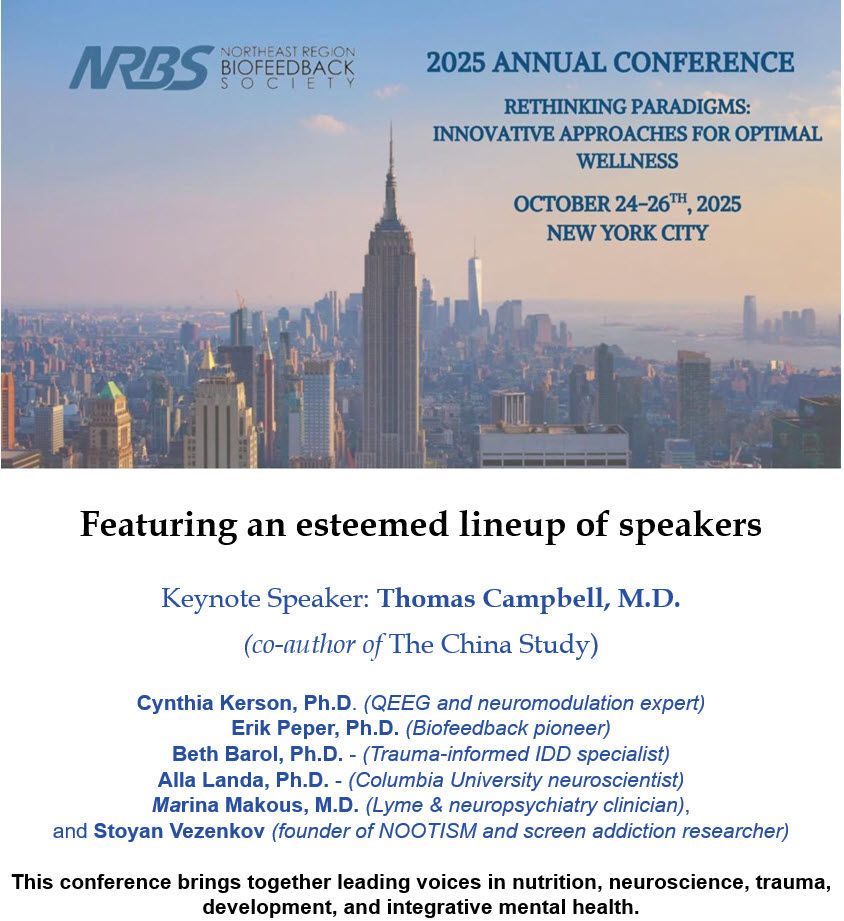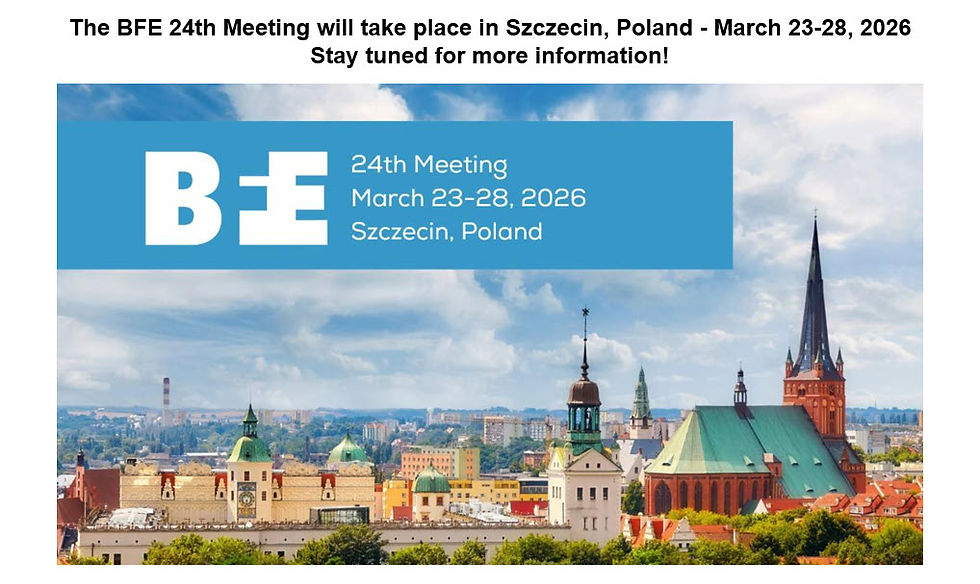5-Second Science: The Power of Open-Ended Questions in Therapy
- Zachary Meehan

- Jul 29, 2025
- 4 min read
Updated: Aug 1, 2025

Cognitive Behavioral Therapy (CBT) is among the most evidence-based treatments for depression and anxiety—but when therapists use computer-assisted programs to deliver it, what actually makes these sessions work?
In a 2024 study, Coleman and colleagues explored this question using artificial intelligence (AI) to identify which therapist behaviors during coaching sessions predicted real improvements in patients’ symptoms.
Their findings suggest that it's not just which techniques therapists use—but how they engage with clients—that matters most.
Behind the Scenes of Computer-Assisted CBT
Computer-assisted CBT (CCBT) combines self-guided digital modules with brief weekly sessions from a trained therapist or coach. This blended approach offers an efficient way to expand access to care, especially in busy primary care settings. But until recently, we didn’t know what ingredients made the human element of CCBT successful.
Coleman and colleague (2024) used the Lyssn platform—an AI tool trained to detect therapeutic techniques in audio recordings—to analyze 586 coaching sessions from a randomized clinical trial. They looked at which techniques were used (e.g., guided discovery, homework review) and how those related to changes in depression, anxiety, negative thinking, and life satisfaction.
What Really Helped Patients Feel Better?
Surprisingly, the single strongest and most consistent predictor of improvement was not a CBT-specific skill—but rather the therapist’s use of open-ended questions.
These questions, which invite clients to elaborate and reflect (“What was going through your mind then?”), were linked to better outcomes across all domains—depression, anxiety, automatic thoughts, and overall satisfaction with life. Even 6 months later, patients whose therapists used more open questions were still doing better.
CBT-specific techniques—like guided discovery, agenda setting, and assigning homework—were modestly associated with improvements in anxiety after 12 weeks but did not show lasting impact or relate to changes in depression.
Why Might Open-Ended Questions Be So Powerful?
Open questions are a staple of collaborative, client-centered care. They may help build rapport, foster autonomy, and deepen emotional exploration—all factors that enhance therapeutic engagement. In CBT specifically, open questions are central to Socratic dialogue, a process that guides clients to examine their thoughts and assumptions with curiosity rather than judgment.
This study suggests that even in a brief, structured format like CCBT, thoughtful dialogue—not just content delivery—can drive meaningful change.
Bottom Line
It’s not just what you say—it’s how you ask. In a world of apps and algorithms, human connection still drives the heart of healing.
Clinical Takeaways
Open-ended questions outperformed CBT techniques in predicting long-term improvements in depression and quality of life.
CBT skills like guided discovery and homework were useful for reducing anxiety, but benefits faded by follow-up.
Therapist warmth, curiosity, and engagement remain critical—even in tech-supported therapy formats.
AI tools like Lyssn offer a scalable way to study therapy processes, opening new frontiers for precision in training and feedback.

Glossary
Automatic Thoughts Questionnaire (ATQ): a measure of the frequency of negative, self-defeating thoughts.
CBT Fidelity: the extent to which a therapist adheres to the prescribed techniques and structure of CBT, often rated using tools like the Cognitive Therapy Rating Scale (CTRS).
Computer-Assisted Cognitive Behavioral Therapy (CCBT): a blended approach that combines structured online CBT modules with brief coaching or therapy sessions, typically via phone or video.
Generalized Anxiety Disorder Scale (GAD-7): a widely used screening tool for anxiety symptoms.
Guided Discovery: a CBT technique where therapists use questions and reflection to help clients examine and reframe unhelpful thoughts or beliefs.
Lyssn: an artificial intelligence platform that analyzes therapy sessions for fidelity, therapeutic techniques, and communication patterns using natural language processing.
Open-Ended Questions: questions that cannot be answered with a simple “yes” or “no,” often beginning with “how,” “what,” or “tell me about.” They promote exploration, reflection, and dialogue.
Patient Health Questionnaire (PHQ-9): a standardized self-report measure used to assess the severity of depression symptoms.
Satisfaction with Life Scale (SWLS): a brief scale that measures overall subjective well-being and life satisfaction.
Socratic dialogue: a therapeutic method involving strategic, open-ended questioning to encourage critical thinking and self-discovery.
Reference
Coleman, J. J., Owen, J., Wright, J. H., Eells, T. D., Antle, B., McCoy, M., & Soma, C. S. (2024). Using Artificial Intelligence to Identify Effective Components of Computer-Assisted Cognitive Behavioural Therapy. Clinical psychology & Psychotherapy, 31(6), e70023. https://doi.org/10.1002/cpp.70023
About the Author
Zachary Meehan earned his PhD in Clinical Psychology from the University of Delaware and serves as the Clinic Director for the university's Institute for Community Mental Health (ICMH). His clinical research focuses on improving access to high-quality, evidence-based mental health services, bridging gaps between research and practice to benefit underserved communities. Zachary is actively engaged in professional networks, holding membership affiliations with the Association for Behavioral and Cognitive Therapies (ABCT) Dissemination and Implementation Science Special Interest Group (DIS-SIG), the BRIDGE Psychology Network, and the Delaware Project. Zachary joined the staff at Biosource Software to disseminate cutting-edge clinical research to mental health practitioners, furthering his commitment to the accessibility and application of psychological science.

Support Our Friends









Thank you! Always appreciate your posts.